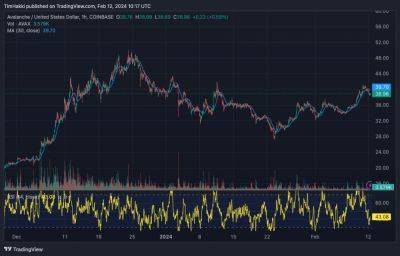UN Report Highlights Tether’s Rising Role in Money Laundering Across Southeast Asia
In a recent report released by the United Nations Office on Drugs and Crime, Tether, one of the world’s largest stablecoin Tether, has been identified as a prominent tool employed by money launderers and fraudsters operating in Southeast Asia.
The report sheds light on the increasing use of Tether’s stablecoin USDT as a preferred method for illicit activities, raising concerns among law enforcement and financial intelligence authorities.
The UN report, published on Monday, highlights the alarming surge in scams associated with Tether, including schemes that manipulate false romantic connections to gain victims’ trust before coaxing them into transferring substantial sums – a tactic commonly known as “pig butchering,” Financial Times reported.
According to the report, authorities have observed a rapid growth in sophisticated, high-speed money laundering teams that specialize in utilizing Tether for underground transactions.
The evolution of cryptocurrency, coupled with other technological advancements, has further propelled organized crime gangs in southeast Asia to exploit black market casinos for laundering illicit funds.
The report points out that online gambling platforms, particularly those operating illegally, have become popular avenues for cryptocurrency-based money launderers, with USDT being a favored choice.
Jeremy Douglas of the UN’s Office on Drugs and Crime commented on the situation, stating,
“Organized crime has effectively created a parallel banking system using new technologies, and the proliferation of loosely or entirely unregulated online casinos, together with crypto, has supercharged the region’s criminal ecosystem.”
Tether, a stablecoin pegged to the US dollar, has allowed traders to navigate in and
Read more on cryptonews.com



















